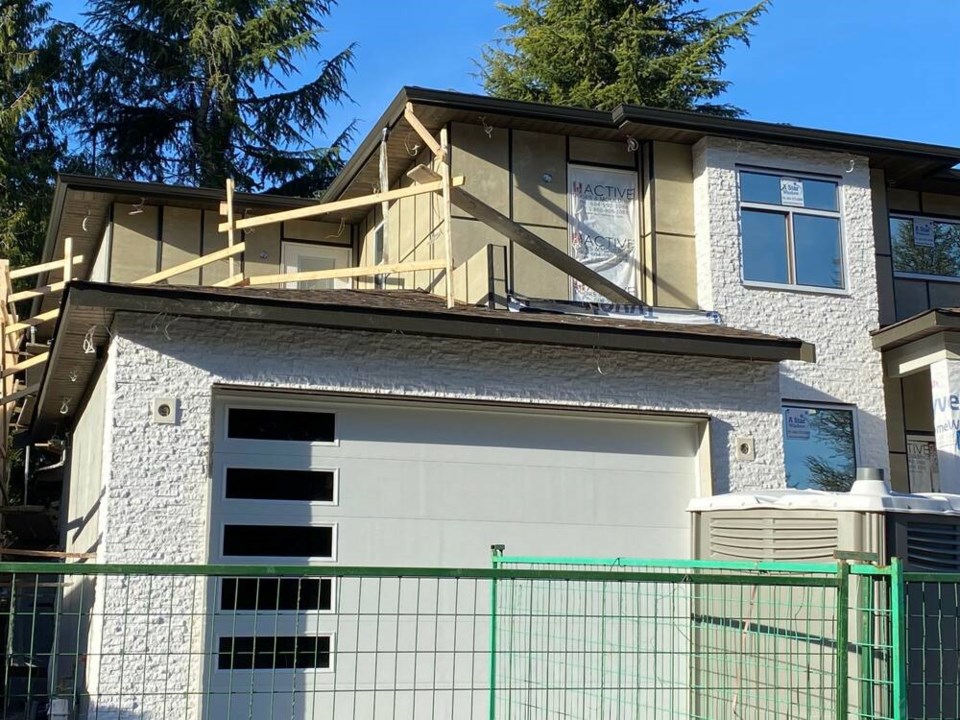A recent study found that the City of Delta has the highest percentage of homes selling for $1 million or more in Canada, but will a new Official Community Plan (OCP) and provincial legislation change anything?
According to the report released this month from Point2Homes, which compared 70 Canadian cities, Delta currently has the highest concentration of homes listed at or above that price range, beating out such markets as Vancouver and Toronto.
Using data from various sources including the Census and the Canadian Real Estate Association. The study found about 80 per cent of the homes listed in Delta exceeded the $1 million level.
The City of Delta’s Housing Needs Assessment report notes that the city is “easily identified” by its high proportion of single-detached dwellings, which is more expensive than higher density forms.
While the increase in home value has been advantageous for those who owned their home before the rise, it has compounded the pressures placed on would‐be home buyers who cannot afford the current cost of housing, the report notes.
According to the monthly market report for February 2024 by Greater Vancouver Realtors (formerly called the Real Estate Board of Greater Vancouver), the benchmark price for a single-detached house in Ladner was $1,387,800, up 46.6 per cent over five years. The benchmark price for a house in Tsawwassen was $1,567,400, up 45.7 per cent from five years ago.
The city, meanwhile, recently received an OCP and subdivision application to rezone a single-family property on 59A Street in Ladner to permit a two-lot subdivision and construction of a two-storey, single-family house on each new lot. Those new homes will more than likely well exceed the $1 million price point.
The planning department notes that work is currently underway to update Delta’s OCP to align with provincial housing legislation and to meet Delta’s Housing Target Order.
Should the updated OCP be adopted, the OCP amendment component of the subdivision application would no longer be required.
The province’s legislation includes allowing increased residential density and variety through small-scale, multi-unit housing and infill. Currently, Delta’s OCP and zoning bylaw generally limit choices to single-detached homes, secondary suites, and in some cases coach homes or duplexes in areas designated and zoned for low-density residential development, which make up approximately 75 percent of Delta’s housing stock.
Municipalities will be required to allow three-to-four units on single-detached lots, while up to six housing units will be permitted on larger single-family or duplex lots that are close to transit stops with frequent service.
The OCP changes will also pave the way for allowing accessory dwelling units on lots.
Delta’s current OCP does not allow such units, including detached garden suites or coach homes, except through rezoning and, in most cases, OCP amendments.
A planning department report notes that a new zoning bylaw would permit accessory dwelling units as-of-right, enabling the construction of units with the potential opportunity for home ownership of the smaller, more affordable units.
It would also open up a broader range of housing options for those requiring it, such as seniors, adults with disabilities, students seeking independent living arrangements, and others, the report notes.
A recent report to Metro Vancouver’s Mayor’s Committee outlined a series of issues and concerns raised by member jurisdictions regarding the province’s housing legislation, including creating much higher densification in what has been lower density single-family neighbourhoods.
The regional district report notes that putting growth in the right places is a core guiding principle in Metro 2050, but spreading development more broadly by upzoning single-detached neighbourhoods (greenfield and infill) may make it more challenging for local governments to meet the shared regional transit-oriented intensification policies and Urban Centre/Frequent Transit Development Area targets.
The blanket approach to increasing housing density in single-family neighbourhoods could also make those neighbourhoods more car dependent and increase congestion, while the new legislation may also make it more difficult and costly to support the efficient provision of infrastructure, the Metro report warns.




